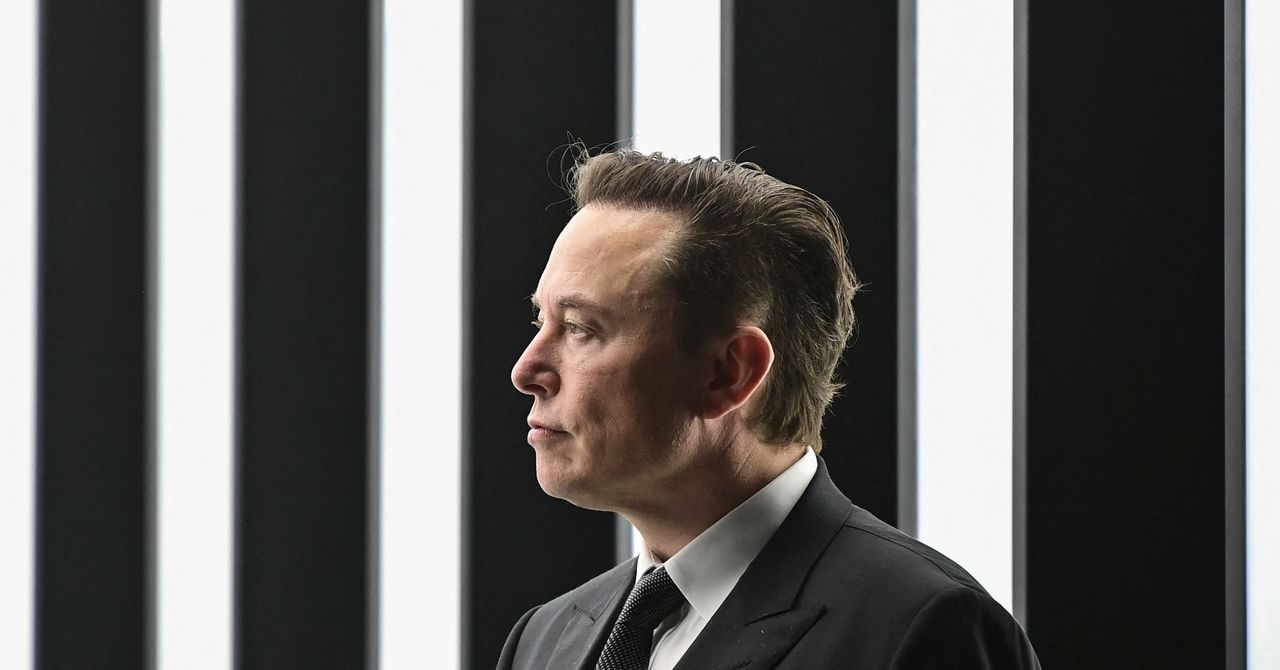Elon Musk Wants ‘Strong Influence’ Over the ‘Robot Army’ He’s Building

Tesla might be an electric auto maker, but CEO Elon Musk has made clear that he thinks of it as much more: an innovator in artificial intelligence and software, a builder of world-shaking robots. He’s also argued that Tesla should be worth a lot more than it is today: up to $20 trillion, he posted in July, more than five times the current worth of Nvidia.
Musk has also made it clear that he wants to get paid, a lot. In November, Tesla shareholders will vote on the board’s proposal to pay the CEO a remarkable $1 trillion over the next decade. The deal would also increase Musk’s stake in Tesla from 13 percent to a quarter. But Musk would only get that big figure—and the extra control—if he hits a series of ambitious metrics, including 20 million vehicles delivered, 1 million robotaxis in commercial operation, and an $8.5 trillion valuation. And also, 1 million Optimus humanoid robots delivered.
On a call with investors on Wednesday, Musk locked on to that last point to make his most threatening argument for a gigantic payday yet. “My fundamental concern with regard to how much voting control I have at Tesla is, if I go ahead and build this enormous robot army, can I just be ousted at some point in the future?” he said. “If we build this robot army, do I have at least a strong influence over this robot army? Not control, but a strong influence … I don't feel comfortable building that robot army unless I have a strong influence.”
Generally, Musk talks about Tesla’s Optimus project as more of a force for peace than war. He’s said that Optimus will upend the job market and free humanity from the drudgery of work. (“Working will be optional, like growing your own vegetables, instead of buying them from the store,” he posted this week.) Elsewhere on the investor call Wednesday, he said that Tesla’s robots would “actually create a world where there is no poverty, where everyone has access to the finest medical care.”
Optimus, he added, “will be an incredible surgeon, and imagine if everyone had access to an incredible surgeon.” For Tesla, Optimus will be “an infinite money glitch,” Musk said, arguing that everyone will want a humanoid robot who can do their work for them.
At Tesla events—and at the Tesla Diner in Los Angeles—Optimus robots are usually seen doing service work: serving drinks and popcorn, or entertaining visitors by dancing or playing rock, paper, scissors. (Optimus participants in a 2024 Tesla event were later acknowledged to be not fully autonomous, but remotely operated by humans.)
Whether Optimus chooses to do laundry or battle, Tesla’s vision of a robotic future still seems a ways away. On Wednesday’s call, Musk dwelled on the challenge of building humanoid hands and forearms, seeming to confirm earlier reporting that the features were proving especially hard for Tesla engineers to hack. And while Tesla set internal goals to produce 5,000 Optimus units this year, The Information reported this month that the company scaled down those production plans over the summer. On Wednesday, Musk said Tesla would have a “production-intent prototype” ready by February or March. Full-scale production, he said, would start at the end of next year.
wired




